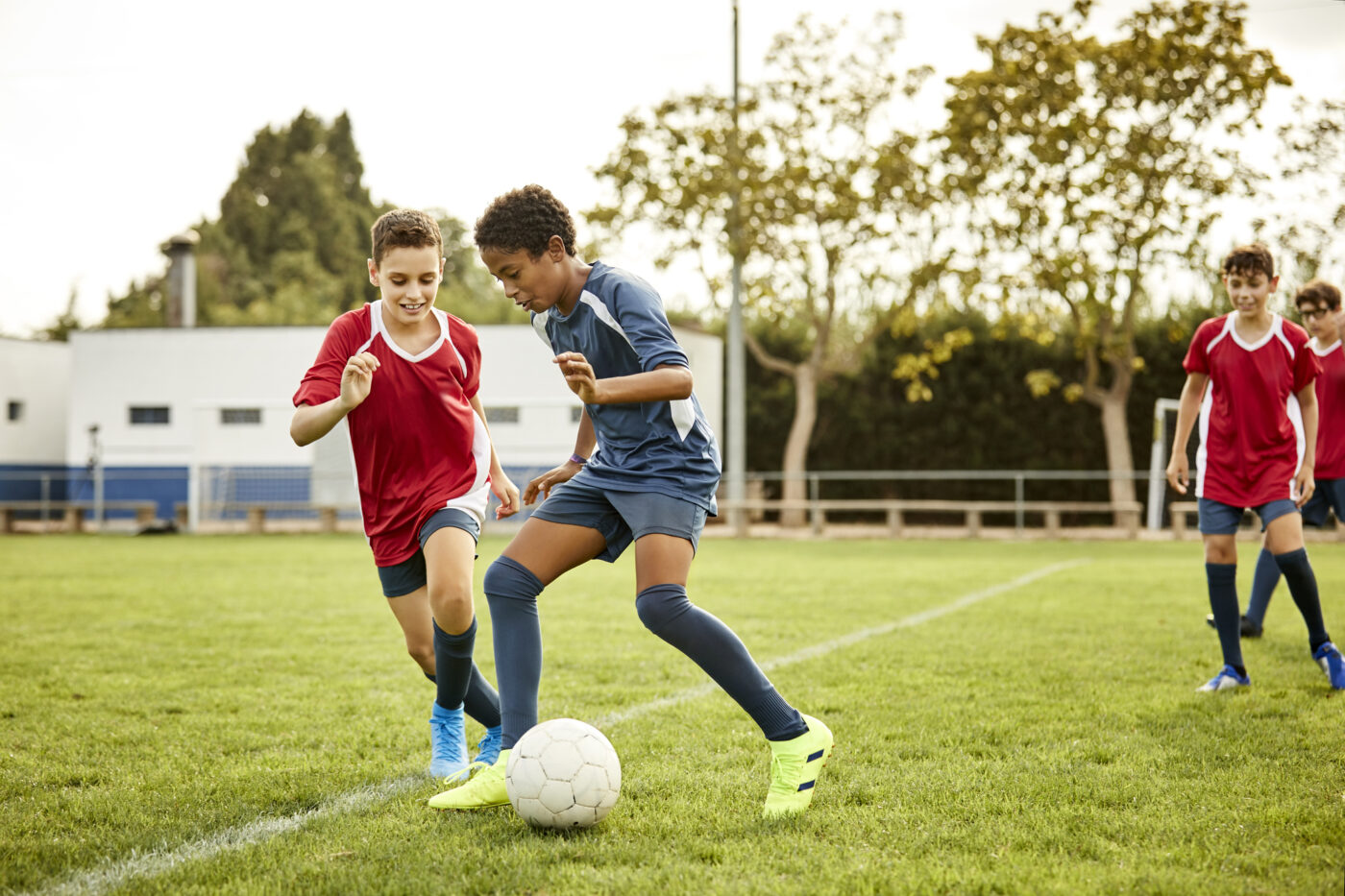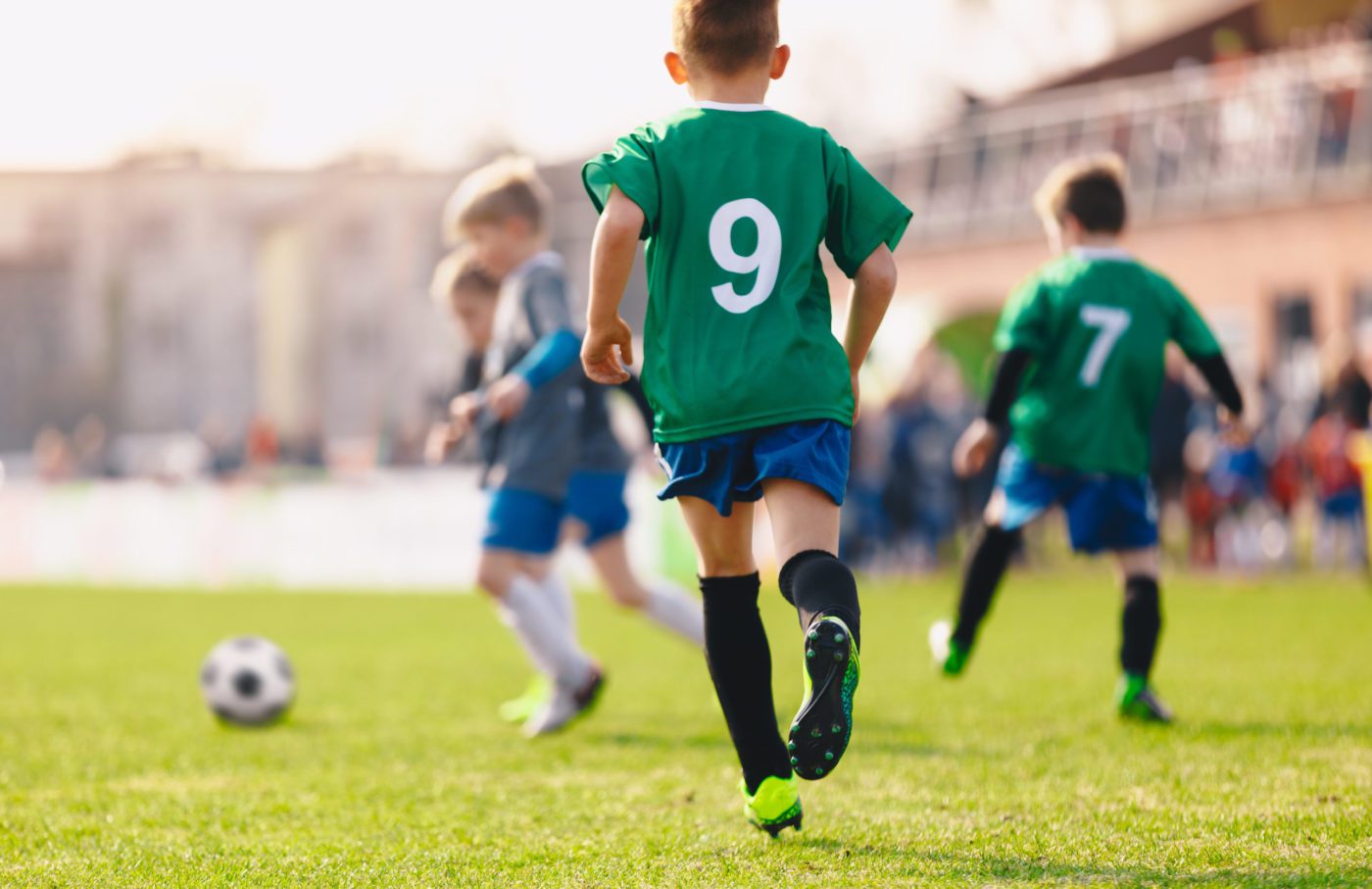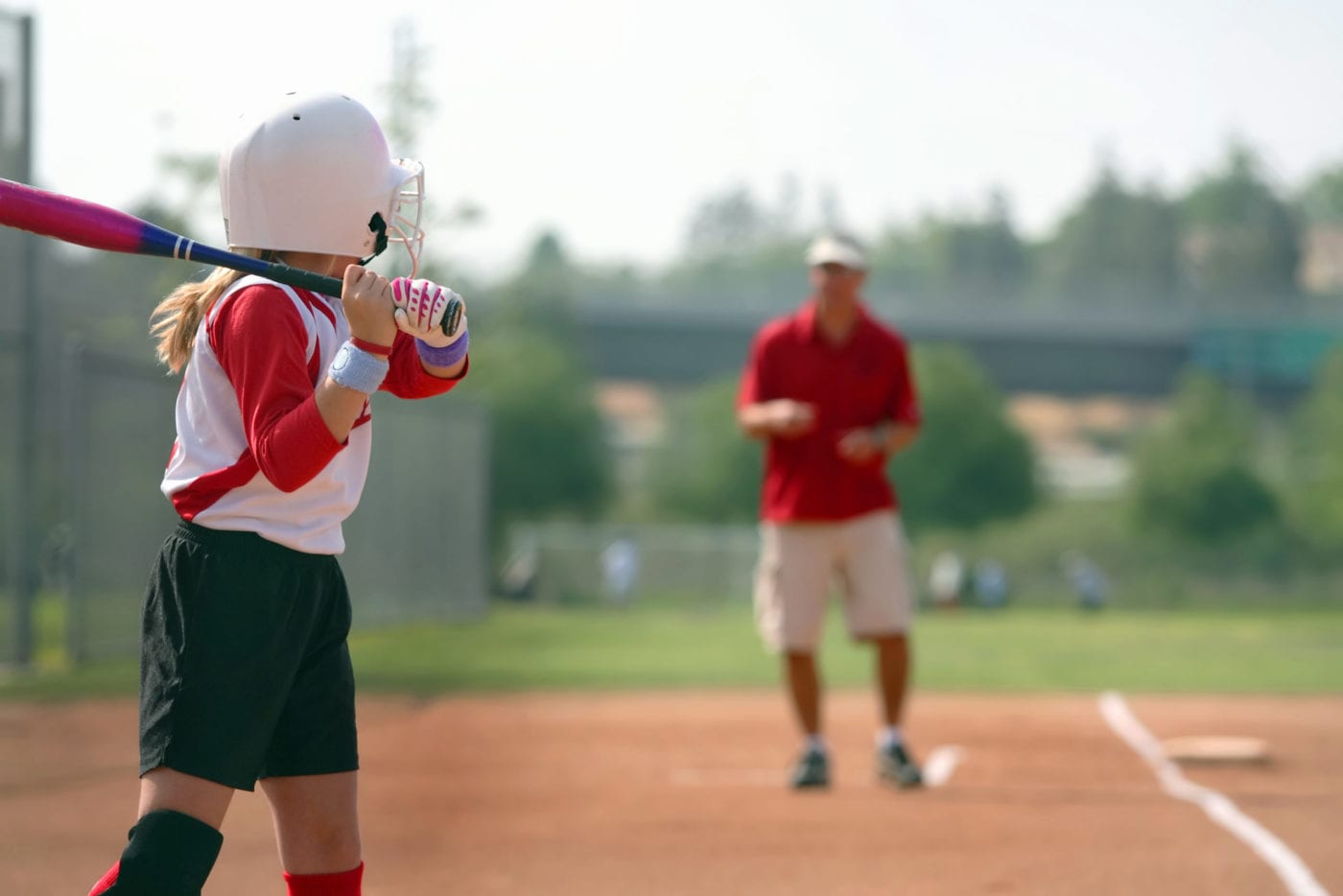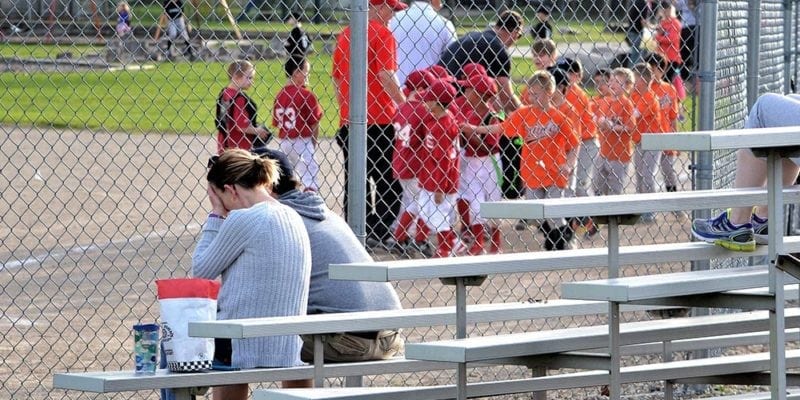Fresh out of college and coaching a junior varsity basketball team, I was in the coaches’ office after a loss talking about how awfully my team had played. The assistant varsity coach (a retired Hall of Fame high school coach in Indiana) looked at me and said, “You have to remember that games are never as bad as you think they were and never as good as you think they were.” After watching the game film, I knew he was right. Over the years, his statement has held true.
As a father with kids competing in various sports and activities, I have been able to transfer many lessons that I learned as a coach to my role as a dad, including that one. Many mistakes I made in the locker room after a game are the same mistakes I try to avoid making in the car with my own kids after their competitions. Here are 4 of those mistakes.
1. We focus on extremes.
These days, our society seems to focus on extremes, and we see it all the time in college and professional sports. A close game may be decided by one play, yet when you listen to the commentary afterward, you would think that the winning team dominated the game and that the losing team could do nothing right.
That can also be the case after our kids’ games. If we win, we focus on what went well. If we lose, we think the whole performance was a losing effort despite the fact that they may have made major improvements. Focusing on these extremes is one way parents are ruining youth sports because it shifts the focus away from the joy of simply competing.
2. We discuss the destination rather than the journey.
Did we win or did we lose? It’s the most obvious topic to discuss after a game. Everyone in the car on the way home knows the result. We could spend the whole drive home discussing the reasons why. And these discussions can help our kids develop an understanding of the game, but there are other topics we often overlook.
We often forget to talk about how much our kids enjoyed being around their teammates, how they have improved in practice, how much they enjoyed competing, or the values that they are learning, like perseverance, teamwork, how to handle defeat, and how to handle winning.
3. We make judgments about others.
When we attend games, meets, and other events, we are around many people. Some of them are on our side, some of them are our opponents, and some of them are impartial officials. We see them for a limited amount of time, and we see them in a competitive setting. Sometimes these settings bring out the best in them, but sometimes they lead to mistakes and frustration.
After a game, it’s easy for us to classify people by saying things like, “That official was an idiot,” “That parent is a jerk,” or “Their team has no class.” When we bring up other people’s actions, we should try to avoid snap judgments. Better ways to discuss the topic might be to say, “I think the official missed some calls today,” “That dad showed his frustration; I wonder if he was having a bad day,” or “That team didn’t handle the situation very well; I hope our team would behave better in that situation.”
4. We forget to ask.
Competition, by nature, is exciting. If it weren’t, there would be no need to compete, no reason to keep score. When we see our kids afterward, it’s natural for us to want to rehash the events. But too often, we start off by giving them our perspective on the events.
Instead of bombarding them with our thoughts, we may want to simply ask for theirs. Their perception may be directly in line with ours, but they may have a very different take on the situation. If we are interested in fostering their development, knowing what they are thinking might help to drive the conversation in the most productive direction.
Sound off: In what ways are parents ruining youth sports? What are some other mistakes we make?











Huddle up with your kids and ask, “What do you enjoy about competing?”